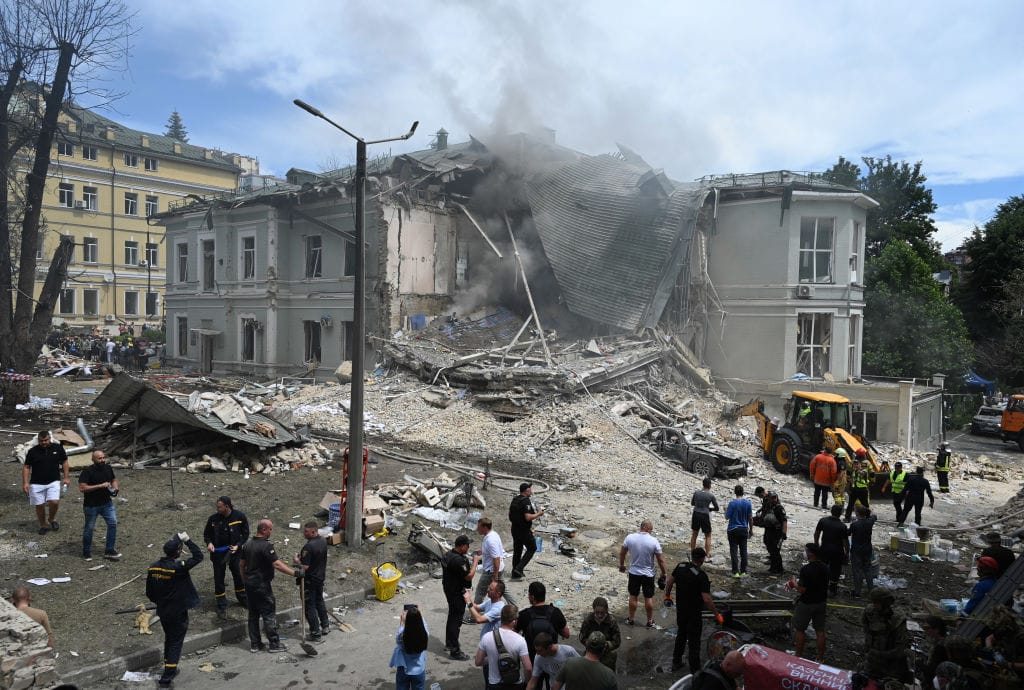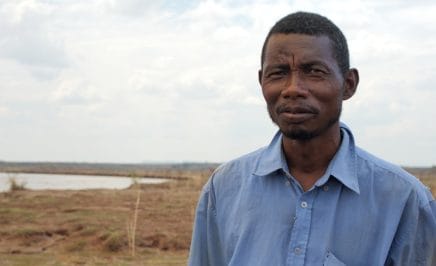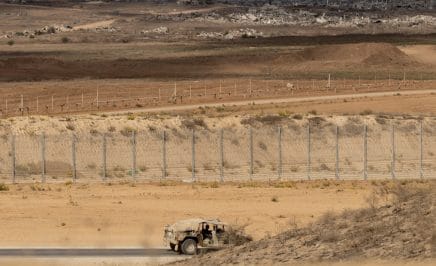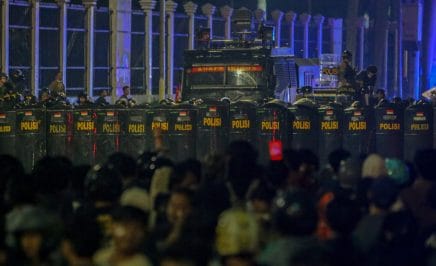Estimates suggest that over 12 billion bullets are manufactured each year. That’s nearly enough to kill everyone on Earth twice over.
With armed conflict and civilian deaths on the rise, controlling the spread of arms is more crucial than ever. Especially as we witness war crimes against civilians in Sudan and the Occupied Palestinian Territory, alongside the growing threat of autonomous weapons systems capable of taking human lives.
What is disarmament week?
Most of the world’s conflicts still centre around the use of conventional arms, and civilians are the ones who face the consequences of armed violence. The high levels of weapons and ammunition that circulate around the world facilitate the violation of human rights, impede humanitarian access and contribute to global insecurity.
“Disarmament must be brought back to the centre of our common efforts for peace and security.”
António Guterres, Secretary General of the United Nations
Disarmament Week, observed annually from October 24 to 30, raises awareness about the importance of disarmament and promotes initiatives for global peace and security. Established by the UN in 1978, it focuses on reducing or eliminating weapons, including nuclear, chemical, biological arms and conventional weapons.
Sudan and the need for arms regulation
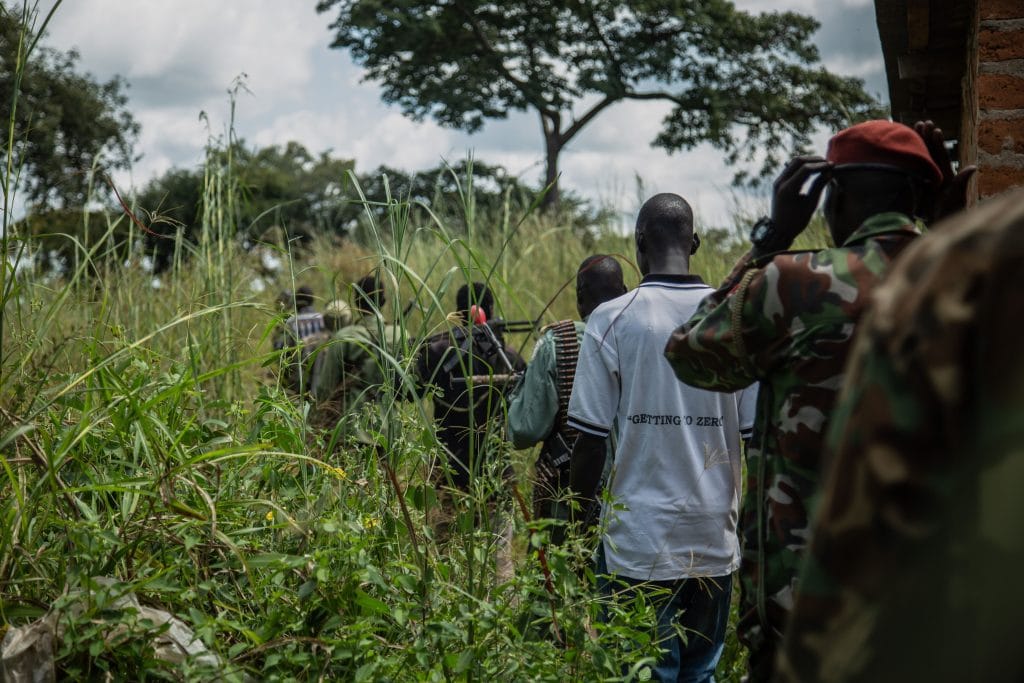
Escalating conflicts in Sudan have resulted in the deaths of over 16,650 people and displaced more than 10 million, creating the world’s largest internal displacement crisis. Civilians are trapped in the crossfire between the Sudanese Armed Forces and the Rapid Support Forces, with a new wave of ethnically motivated attacks targeting the Masalit communities in Darfur. Amidst this violence, basic needs for food, water, and safety remain unmet.
Recent investigations by Amnesty International revealed that the conflict is being exacerbated by a steady influx of advanced military weapons and small arms from international actors, including China, Russia, Serbia, Türkiye, the United Arab Emirates, and Yemen. These weapons are being imported into Sudan and diverted to Darfur, fuelling violence and enabling violations of humanitarian laws and war crimes, despite an arms embargo on the region, which has proven ineffective.
Amnesty International analysed over 1,900 shipment records from two trade data providers and reviewed open-source digital evidence, including around 2,000 photos and videos, showing recently imported or manufactured weapons in Sudan. Interviews with 17 regional arms experts and Sudan specialists between February and March 2024 helped corroborate the data analysis and investigate the supply lines used by various groups.
A concerning trend emerged where small arms, typically intended for the civilian market, were being diverted to government forces and armed opposition groups. Companies in Türkiye and Russia have exported civilian variants of these weapons, which are now being used by both sides of the conflict.
No Weapons for War Crimes in Gaza
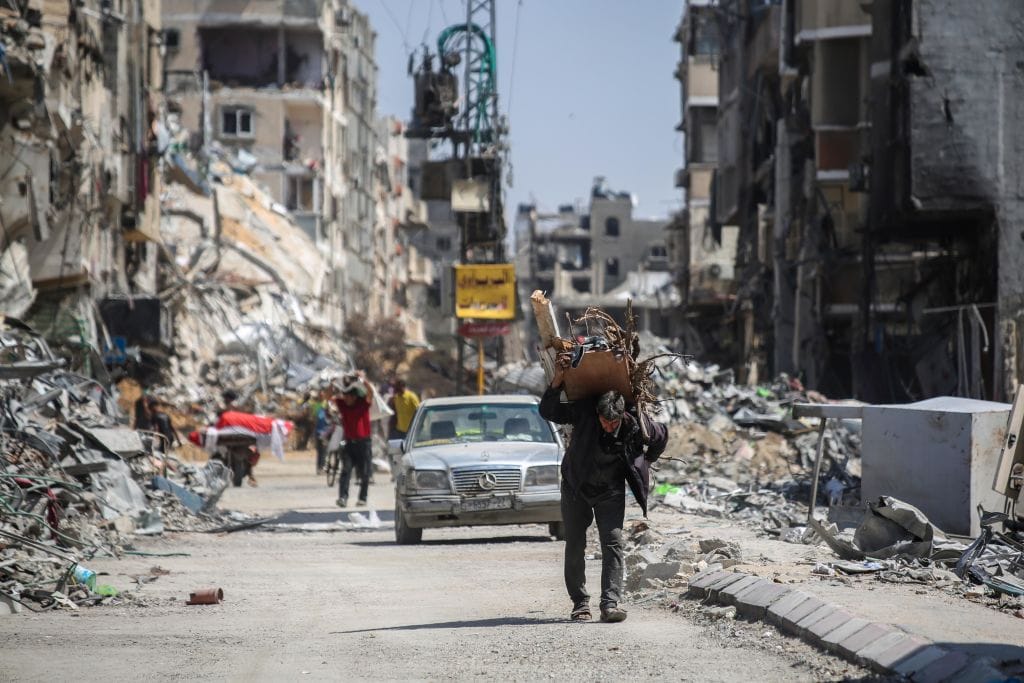
An arms embargo is essential to prevent war crimes against civilians in Gaza, where over 42,000 people have already died. Amnesty International’s investigations have repeatedly found evidence that the Israeli Defense Forces have likely committed war crimes, including the deliberate targeting of civilians. Imposing a comprehensive arms embargo can limit the capacity of all parties to continue these attacks that violate international law. Reducing the availability of weapons may help stop the indiscriminate killing of civilians and destruction of vital infrastructure, forcing parties to seek peaceful solutions instead of prolonging the violence.
Killer robots
The development of autonomous weapons, or ‘killer robots,’ poses a serious threat to humanity. These machines can make life-and-death decisions without human control. Technologies like facial recognition often fail to accurately identify women, people of colour, and those with disabilities, making their use in conflict zones, policing, or border control deeply dangerous. Autonomous weapons could perpetuate bias and undermine human rights.
The use of AI-driven facial recognition systems in conflict zones, such as Israel’s Red Wolf technology, exemplifies the dangers of automated decision-making in high-stakes environments. When deployed at military checkpoints, these systems not only fail to account for the biases inherent in facial recognition but also remove human oversight in critical moments. Palestinians are subjected to AI algorithms that determine their right to move freely, exacerbating existing racial and political discrimination.
These technologies amplify the risks of dehumanization, as individuals can be denied access, tracked, or targeted based solely on flawed or biased data. Without proper regulation, the unchecked spread of such surveillance systems poses a significant threat to privacy, equality, and human rights on a global scale.
Just as we limit the flow of conventional weapons, we must act to prevent the proliferation of autonomous systems. Without human oversight, these weapons make warfare easier and risk falling into the wrong hands. International agreements focusing on disarmament and human rights are crucial to ensuring these dangerous technologies are controlled before they cause irreversible harm.
